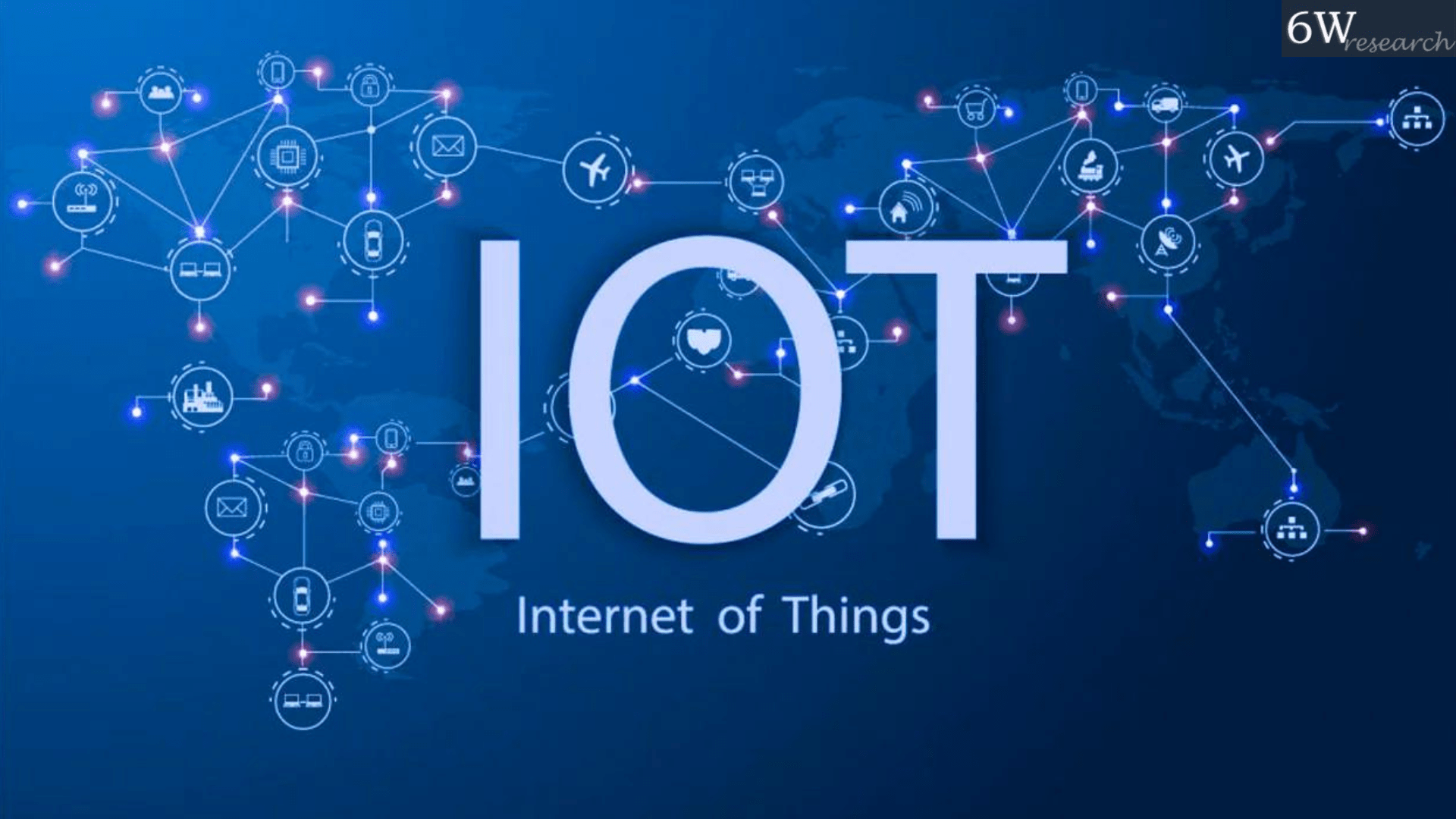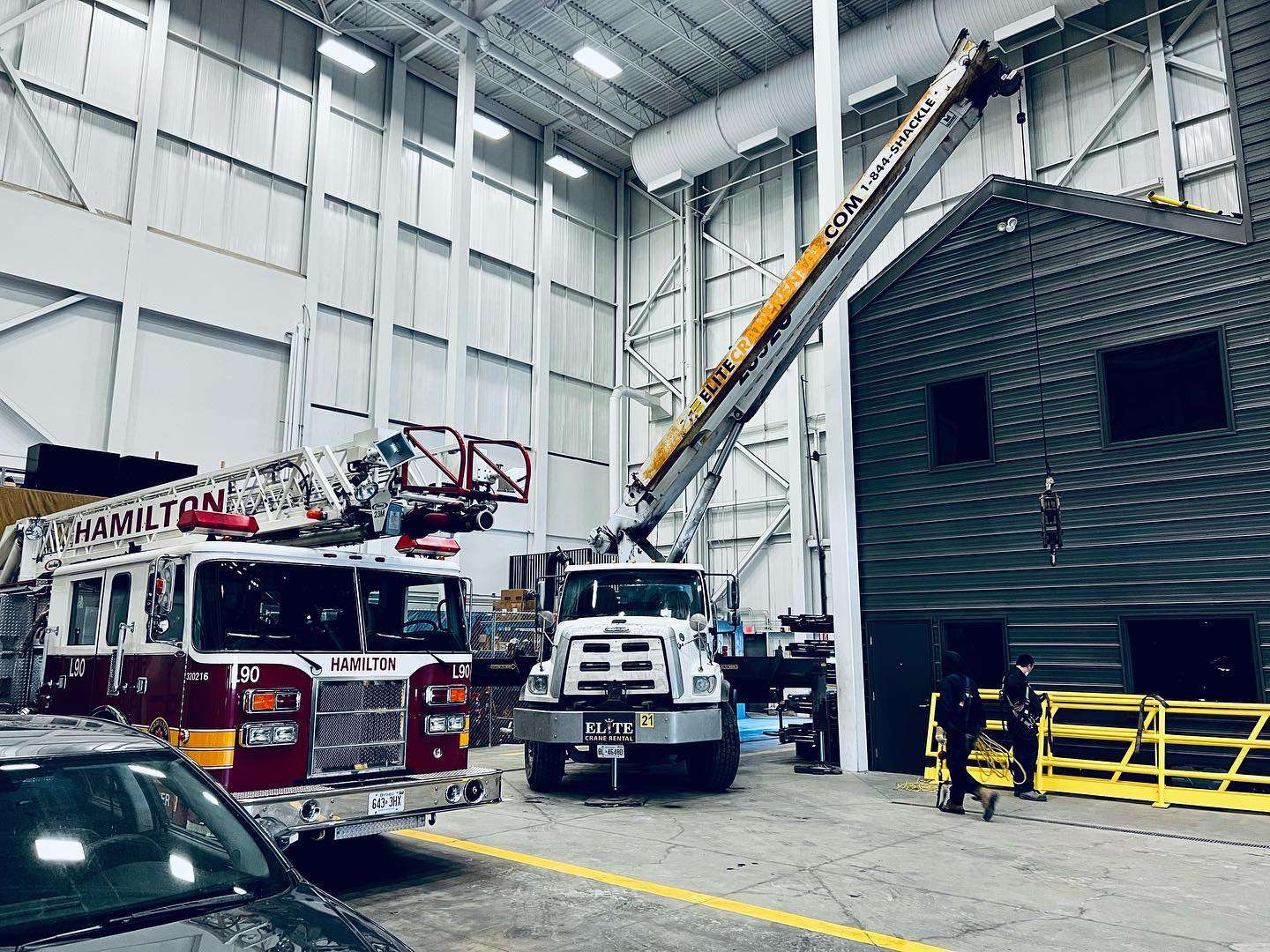In the digital era, the Internet of Things (IoT) has emerged as a transformative force, reshaping industries and societies. Among the global players in this technological evolution, India has emerged as a dynamic hub for IoT innovation and adoption. This article explores the intricate facets of the IoT market in India, shedding light on the current trends, challenges, and future prospects that define its trajectory.
The Current State of the India IoT Market
India IoT market is witnessing a remarkable surge, fueled by a confluence of factors such as increasing connectivity, advancements in technology, and a growing demand for smart solutions. The deployment of IoT in various sectors, including healthcare, agriculture, manufacturing, and smart cities, has positioned India as a key player in the global IoT landscape.
Key Trends Shaping the Industry
Industrial IoT (IIoT) Integration: Industries in India are increasingly leveraging IoT to enhance operational efficiency and streamline processes. The integration of IoT in manufacturing, logistics, and supply chain management is revolutionizing traditional industries, fostering a new era of smart enterprises.
- Smart Cities Initiatives: The Indian government’s ambitious Smart Cities Mission has been a catalyst for IoT adoption. Cities across the country are embracing IoT solutions to enhance urban infrastructure, improve public services, and create sustainable, technology-driven ecosystems.
- Agricultural Transformation: In the agrarian landscape of India, IoT is playing a pivotal role in precision farming. Smart agriculture solutions, including sensor-based monitoring and automated systems, are empowering farmers to make informed decisions, optimize resource utilization, and improve crop yields.
Challenges and Opportunities
Infrastructure and Connectivity: Despite rapid advancements, challenges related to infrastructure and connectivity persist. Ensuring robust network infrastructure and addressing connectivity gaps in remote areas are critical for the widespread adoption of IoT solutions.
- Data Security and Privacy Concerns: As IoT devices proliferate, concerns about data security and privacy have become more pronounced. Establishing robust cybersecurity measures and regulatory frameworks is imperative to build trust among users and stakeholders.
- Skill Development and Awareness: The successful implementation of IoT requires a skilled workforce and heightened awareness among businesses and consumers. Initiatives focusing on skill development and educational programs can bridge the knowledge gap and foster a more IoT-literate society.
Future Outlook of the Market
The future of the IoT market in India appears promising, with a projected growth trajectory driven by technological innovations, government initiatives, and a burgeoning demand for smart solutions. Collaborative efforts between the public and private sectors, coupled with investments in research and development, will likely propel India into a leadership position in the global IoT landscape.
Conclusion
As India embraces the era of IoT, the landscape is evolving rapidly, presenting a spectrum of opportunities and challenges. From reshaping traditional industries to contributing to the vision of smart cities, IoT is becoming an integral part of India’s digital transformation journey. Navigating this landscape requires strategic collaborations, technological innovation, and a collective commitment to addressing challenges, ultimately paving the way for a connected, intelligent future in the world’s largest democracy.









